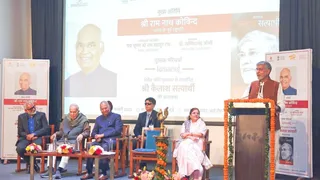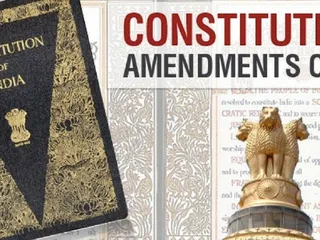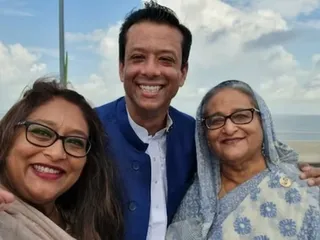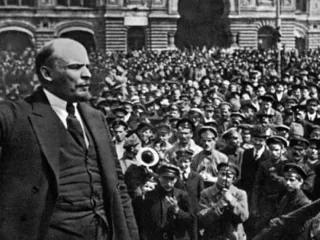Mohandas Karamchand Gandhi, revered globally as Mahatma Gandhi (meaning 'Great Soul'), was a preeminent leader of India's independence movement and a pivotal figure in the 20th century. Born in Porbandar, Gujarat, on October 2, 1869, his life was a testament to the power of nonviolent resistance, a philosophy he termed Satyagraha (truth force).
Gandhi's early life was marked by a relatively traditional upbringing, followed by legal studies in England. He subsequently practiced law in South Africa, where he experienced firsthand the injustices of racial discrimination. This profoundly shaped his philosophy and activism. The struggles he faced in South Africa, including the unjust treatment of Indian immigrants, ignited his commitment to nonviolent resistance as a powerful tool for social change.
Gandhi's Satyagraha, based on the principles of truth, nonviolence (Ahimsa), and self-suffering, became the cornerstone of his movement for Indian independence from British rule. His methods involved civil disobedience, boycotts, and peaceful protests, which mobilized millions of Indians against colonial oppression. Iconic events like the Salt March of 1930, where he led a massive demonstration against the British salt tax, captured global attention and highlighted the power of his approach.
Gandhi's influence extended beyond political activism. He advocated for social reforms within India, championing the rights of marginalized groups, including untouchables (Dalits), and promoting communal harmony between Hindus and Muslims. His commitment to Swaraj (self-rule) encompassed not just political independence but also self-sufficiency and social justice. He emphasized the importance of khadi (hand-spun cloth) as a symbol of self-reliance and a rejection of British industrial goods.
Despite his monumental achievements, Gandhi's legacy is complex. The partition of India in 1947, which resulted in widespread violence and bloodshed between Hindus and Muslims, casts a shadow on his final years. While he played a crucial role in the negotiations leading to independence, he was unable to prevent the communal strife that marred the nation's birth. He was assassinated on January 30, 1948, by Nathuram Godse, a Hindu nationalist opposed to his inclusive vision.
Gandhi's life and philosophy continue to inspire activists and leaders worldwide. His unwavering commitment to nonviolence, his emphasis on truth, and his dedication to social justice remain powerful ideals in a world still grappling with conflict and inequality. His methods, though controversial at times, offer a compelling model for resolving conflicts peacefully and achieving social change through non-violent means. The study of Mahatma Gandhi offers invaluable insights into the complexities of leadership, social movements, and the enduring struggle for freedom and justice.



























